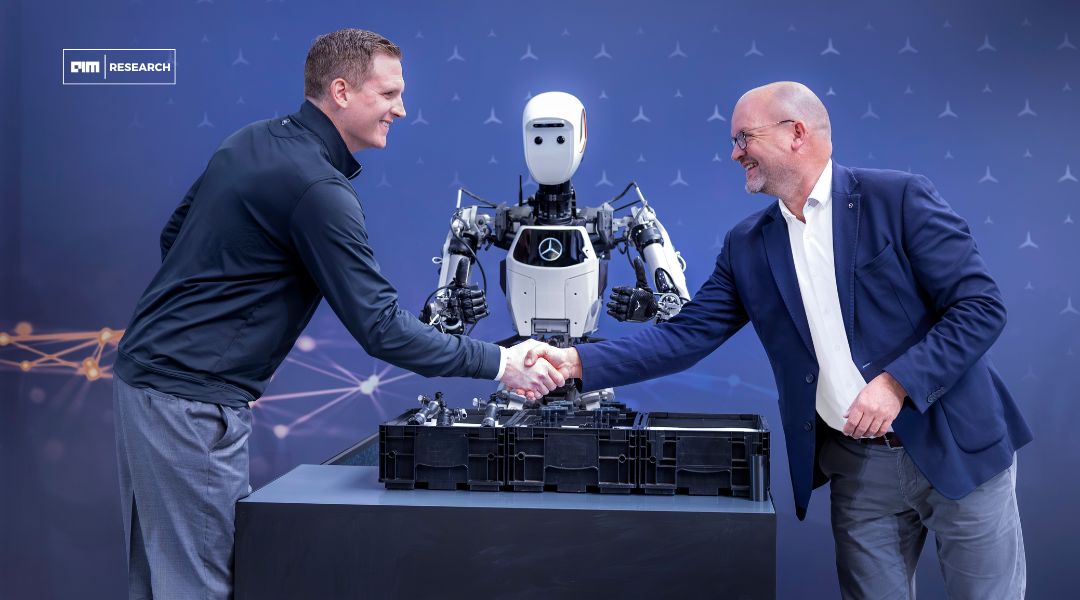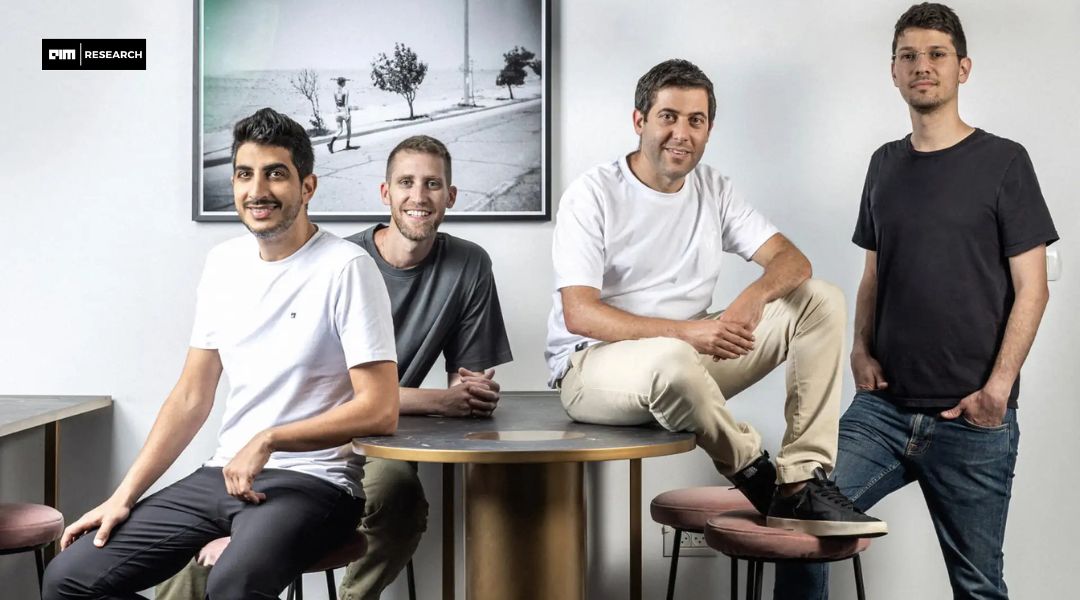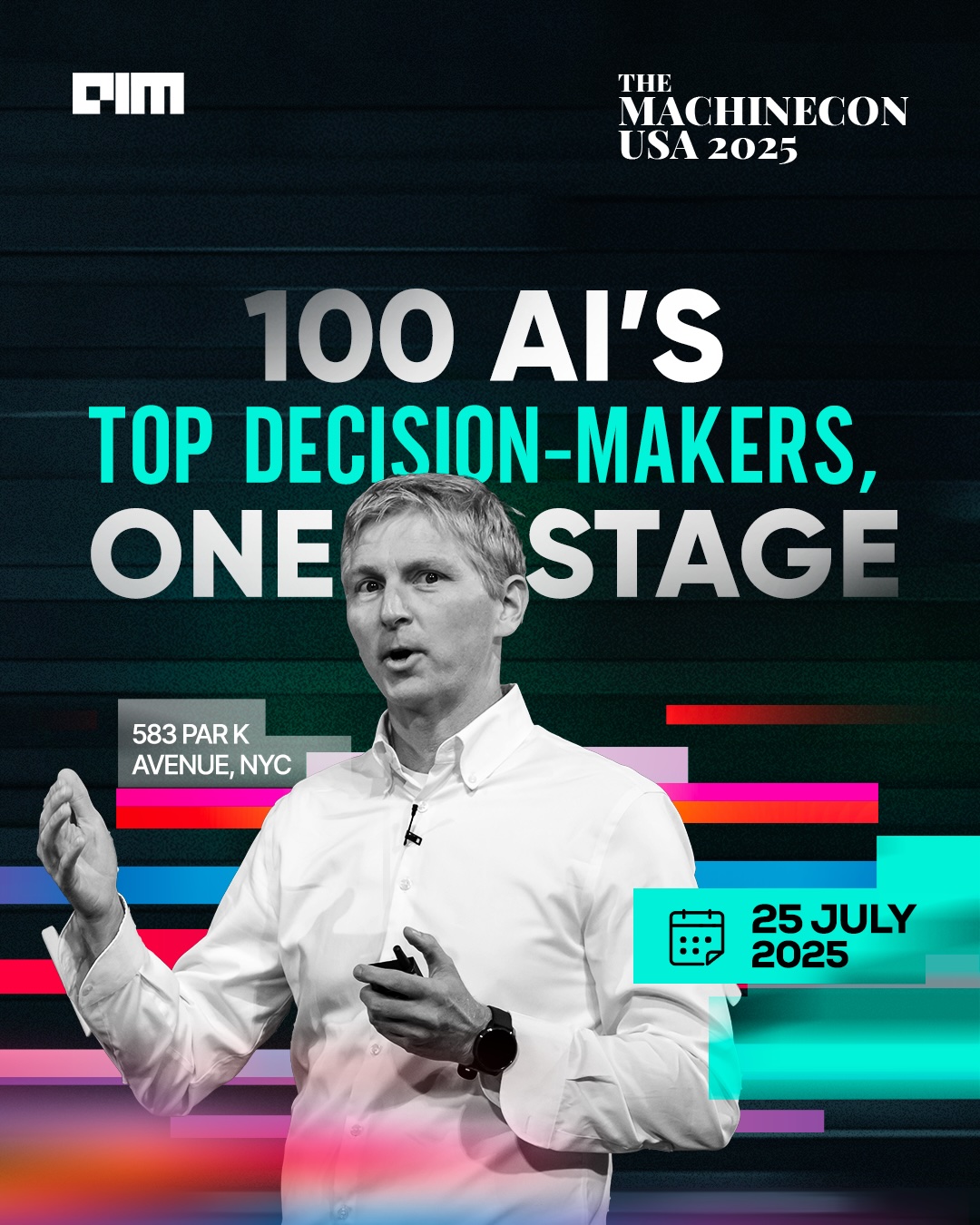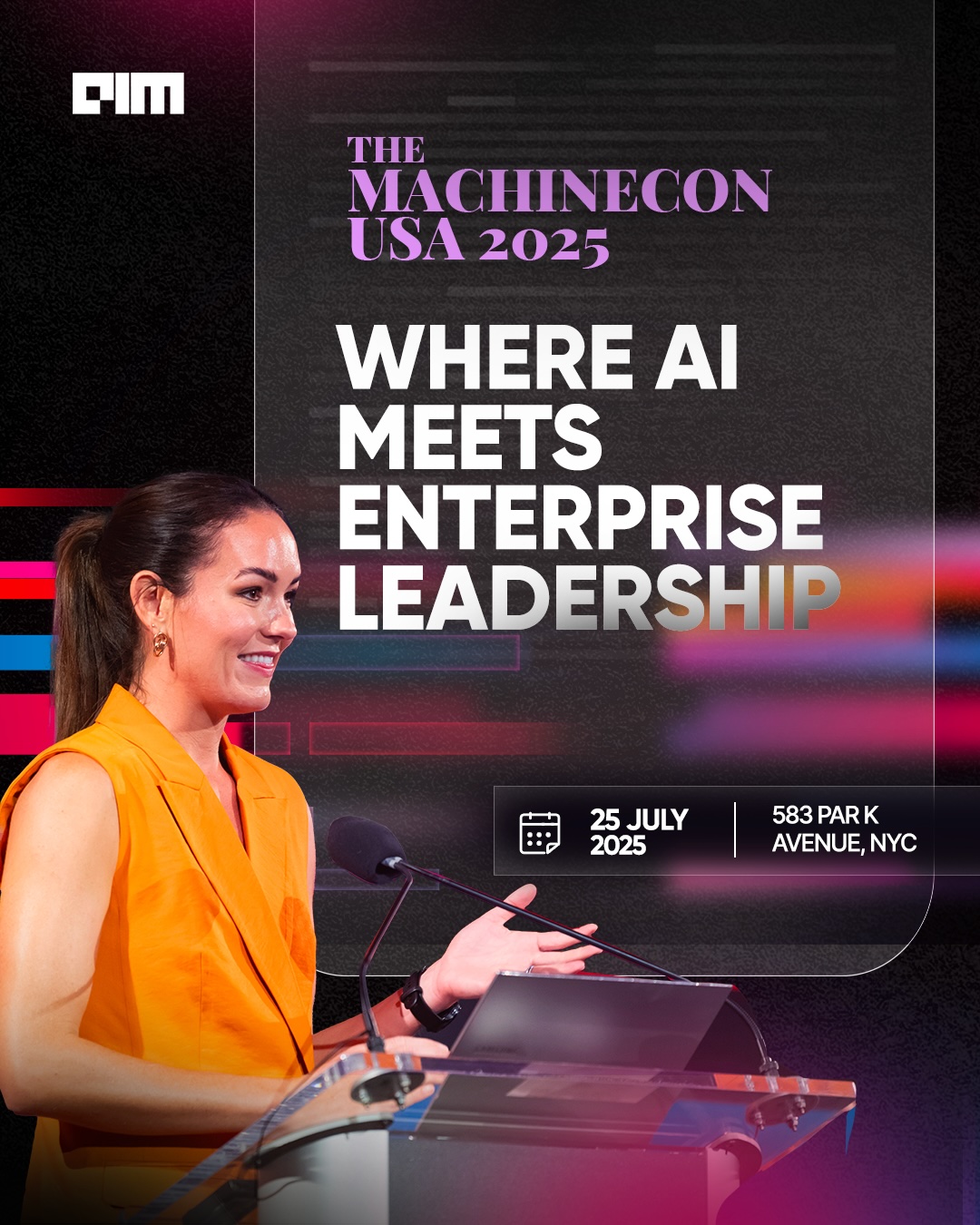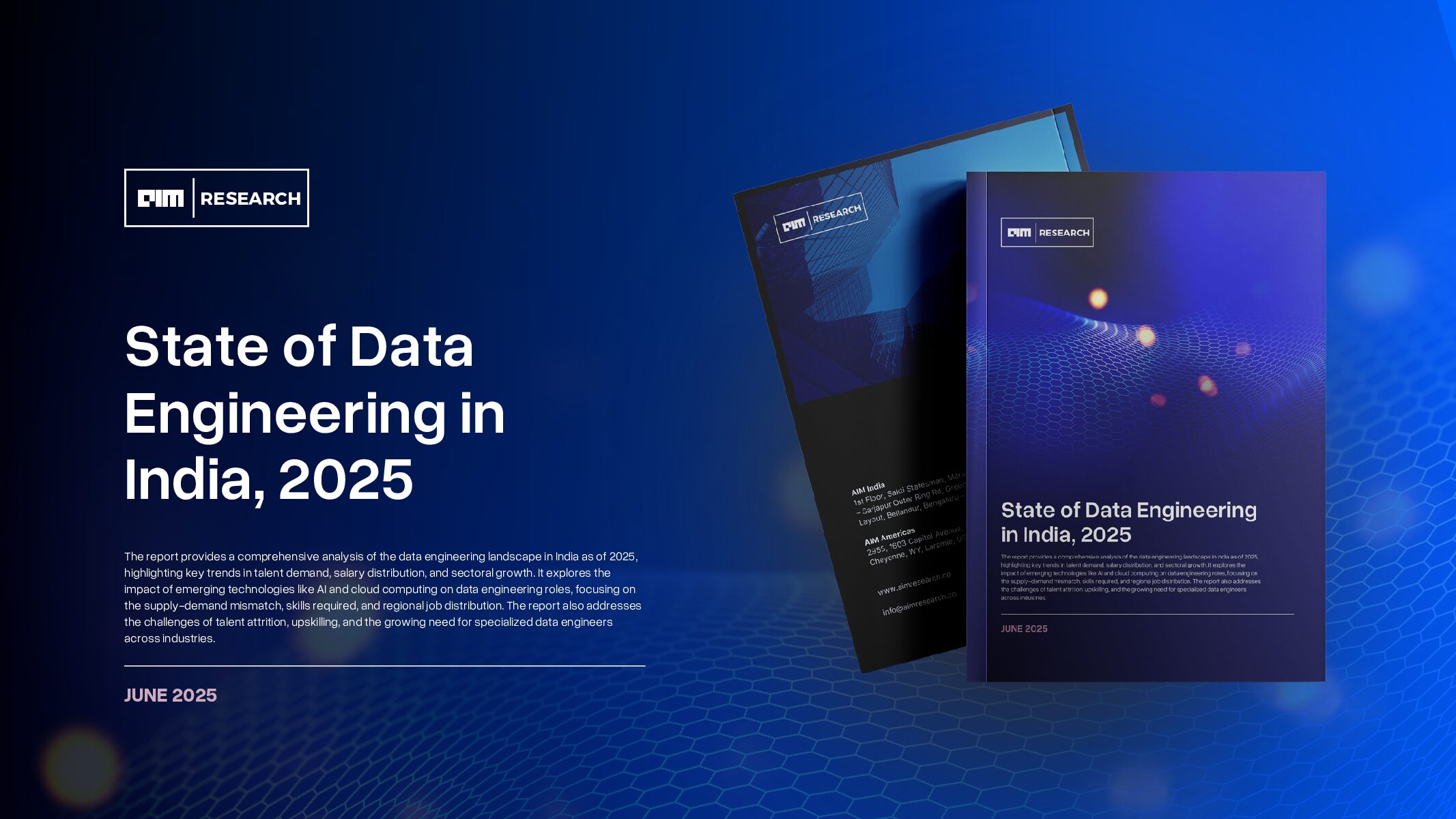Apptronik, a company specializing in AI-powered humanoid robotics, has long been focused on developing robots capable of functioning in complex, real-world environments. Founded as a spinoff from the Human Centered Robotics Lab at the University of Texas at Austin, the company has steadily built its reputation in the field of embodied AI.
Apptronik announced the successful close of a $403 million Series A funding round, which was oversubscribed. Initially set at $350 million, the round attracted additional investment due to strong market interest. Led by B Capital and Capital Factory, the funding round saw participation from major players, including Google, Mercedes-Benz, Japan Post Capital, ARK Invest, Helium-3, Magnetar, RyderVentures (the corporate venture arm of Ryder System, Inc.), and a syndicate led by Korea Investment Partners, among others.
The funds will be used to accelerate production and deployment of Apollo, Apptronik’s AI-powered humanoid robot. The company has identified several industries as early adopters, including automotive, electronics manufacturing, third-party logistics, beverage bottling and fulfillment, and consumer packaged goods. These sectors have long struggled with labor shortages and the need for automation in repetitive and hazardous tasks, making them ideal testing grounds for humanoid robots.
Mercedes-Benz has been an early adopter of Apollo, testing the robots at its Digital Factory Campus in Marienfelde, Berlin, and in Kecskemét, Hungary. Jörg Burzer, Member of the Board of Management at Mercedes-Benz Group AG, emphasized the potential of humanoid robots to reshape manufacturing processes:
“Our work with Apptronik has given us a front-row seat to the incredible pace of progress in humanoid robotics and AI, and the transformative potential these technologies hold for modern manufacturing. We are proud to support Apptronik as they bring intelligent, adaptable robots onto the factory floor, helping us set new benchmarks for efficiency, safety, and collaboration between people and machines.”
Japan Post Capital, another major investor, echoed this sentiment. Yuta Ogura, Senior Manager at Japan Post Capital, pointed to Apptronik’s practical go-to-market strategy as a key factor in their decision to invest:
“Their focus on implementing humanoid robots in real-world environments with capital efficiency positions Apptronik uniquely. A practical and field-oriented mindset is crucial for success in the Japanese market.”
The Series A investment follows a period of significant growth for Apptronik. Just last week, the company announced a strategic partnership with Google DeepMind to develop the next generation of humanoid robots. It has also been working with NVIDIA to integrate Apollo into Omniverse digital twins, further refining its capabilities in simulated environments before real-world deployment.
A critical milestone came last month when Apptronik entered a pilot engagement and strategic collaboration with Jabil. This agreement not only involves deploying Apollo in Jabil’s manufacturing operations but also paves the way for Jabil to produce the robots at scale. Should Apollo prove commercially viable, the partnership would effectively mean humanoid robots building more humanoid robots.
Apptronik is not the only player in the humanoid robotics space. Tesla, for instance, has been developing its own humanoid robot, Optimus. CEO Elon Musk stated this year 10,000 Optimus will be built that can generate $10 trillion in revenue. Meanwhile, Apptronik has already deployed Apollo in real-world environments, albeit in pilot programs, and continues refining its capabilities through teleoperation training.
Despite its progress, questions remain about the long-term cost-effectiveness of humanoid robots. Mercedes-Benz’s Burzer noted that cost reduction will be essential for broader adoption:
“The cost will be decisive. When costs reach a two-digit thousand-dollar sum—which is absolutely possible—it will become very interesting.”
Apptronik CEO Jeff Cardenas sees this funding round as more than just an investment in technology, “We’re building a future where humanoid robots are not just tools, but trusted collaborators working seamlessly alongside people—starting in logistics, manufacturing, and retail, and eventually expanding into elder care, disaster response, and healthcare.”

